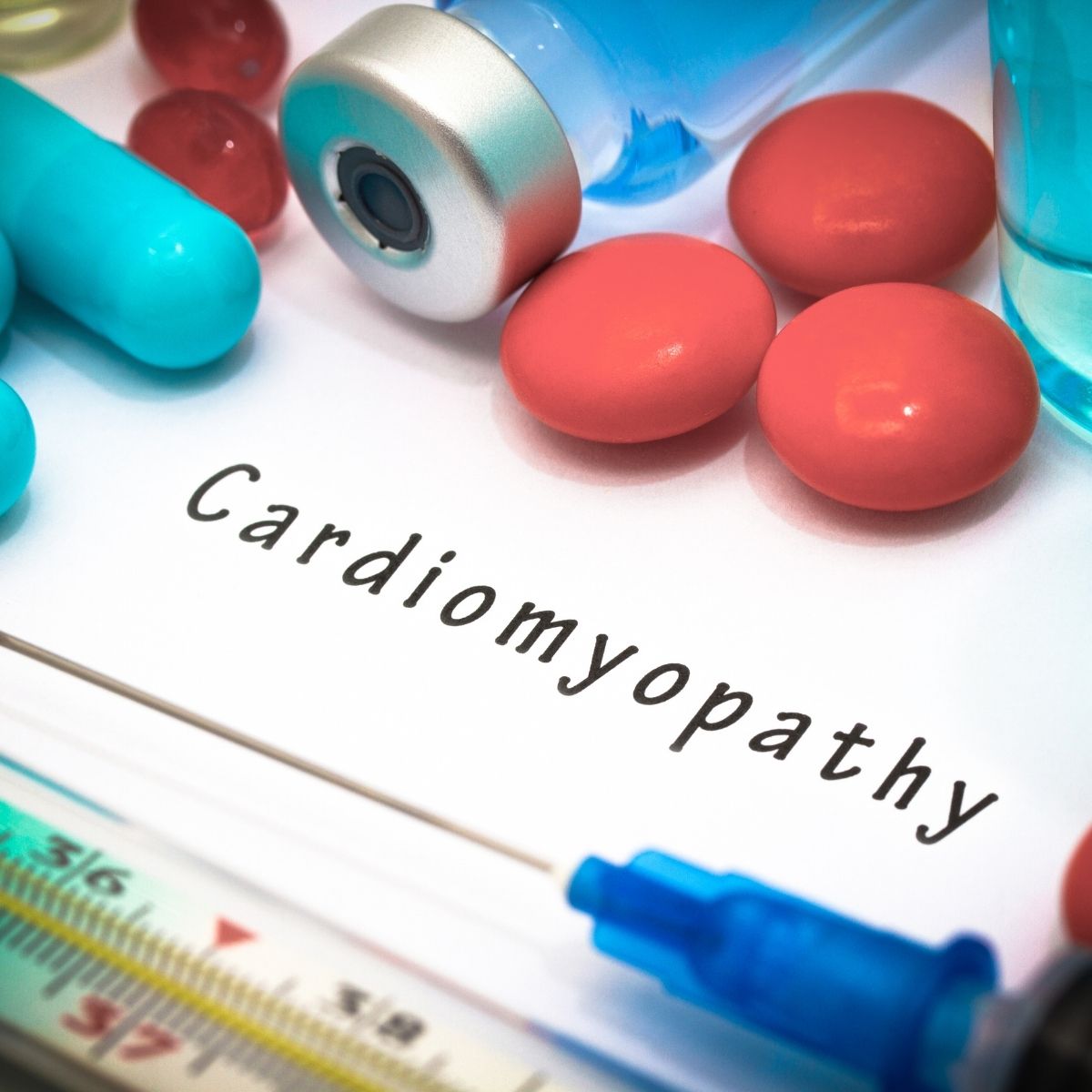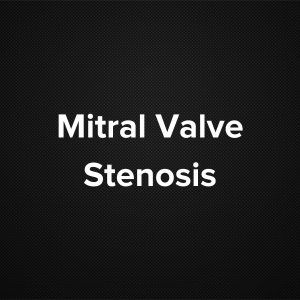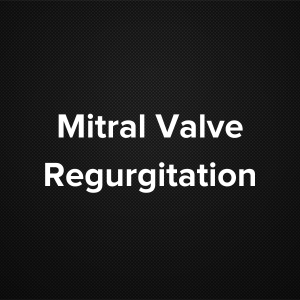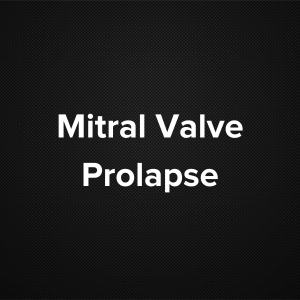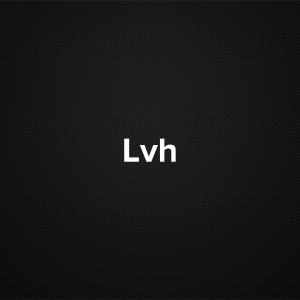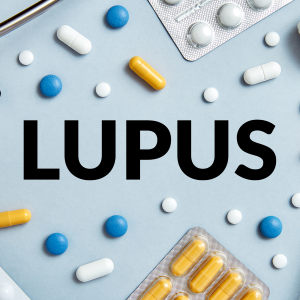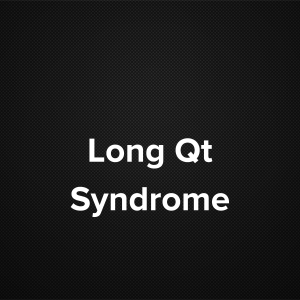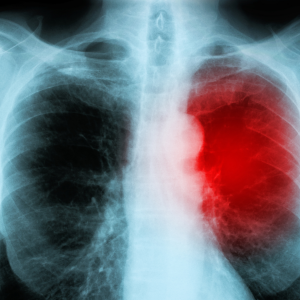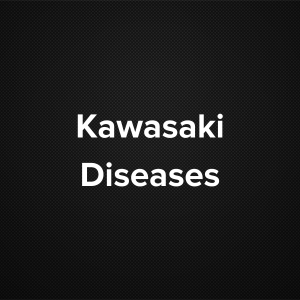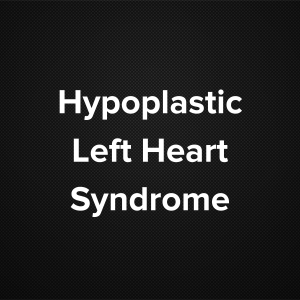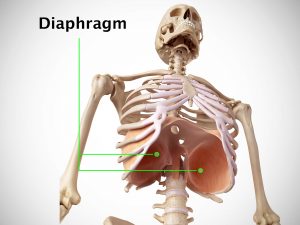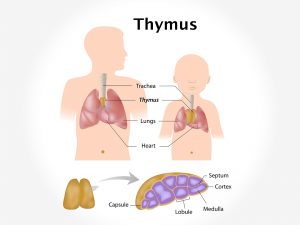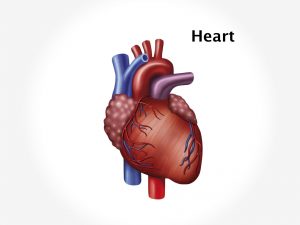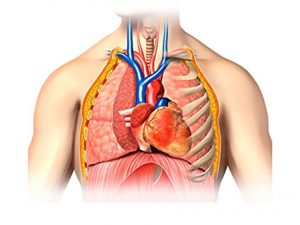Causative and risk factors
Cardiomyopathy can be acquired or inherited. The cause of cardiomyopathy is not known in many cases. The etiopathogenesis differs according to the type of cardiomyopathy.
Dilated Cardiomyopathy
Dilated cardiomyopathy – commonest form of cardiomyopathy, seen more often in men. The muscle of the left ventricle begins to dilate first, followed by dilatation of all other heart chambers. This affects the ability of the heart muscles to contract and pump blood.
Etiologic agents include pre-existing diseases of the heart, thyroid or liver; infections, medications, alcohol and toxins.
Hypertrophic Cardiomyopathy
Hypertrophic cardiomyopathy – This form of cardiomyopathy is usually inherited genetically. The wall of the left ventricle or sometimes the septum thickens, thus blocking the blood flow out of the ventricle. Diabetes or thyroid disorders can predispose to hypertrophic cardiomyopathy. Men and women are equally affected. Young adults with this form of cardiomyopathy can develop sudden cardiac arrest.
Restrictive Cardiomyopathy – Usually affects the elderly. The heart muscle is replaced by scar tissue, causing the ventricles to become rigid. Due to rigidity, the ventricles cannot dilate normally to fill up with blood and in turn, the atria become hypertrophied.
Restrictive cardiomyopathy can be caused by pre-existing diseases like amyloidosis, sarcoidosis, hemochromatosis etc.
Arrhythmogenic right ventricular dysplasia – Rare form of cardiomyopathy, occurring mainly in teenagers and young adults. It is believed to be a genetically inherited condition. ARVD is characterized by death of the right ventricular tissue and replacement with scar tissue.
Some other forms of cardiomyopathy include alcoholic cardiomyopathy, congestive cardiomyopathy, diabetic cardiomyopathy, familial dilated cardiomyopathy, idiopathic cardiomyopathy, ischemic cardiomyopathy, peripartum cardiomyopathy and primary cardiomyopathy.
Clinical presentation
Dilated cardiomyopathy – The heart muscle becomes weaker and weaker and can eventually lead to heart failure. Symptoms of heart failure include weakness, breathlessness and edema of the lower limbs, sometimes the abdomen. Complications include arrhythmias, valvular problems and thrombosis in the heart.
Hypertrophic Cardiomyopathy – The patient can be dizzy, breathless, complain of chest pain and faint. Complications include arrhythmias and mitral valve regurgitation.
Restrictive Cardiomyopathy – Can lead to complications like arrhythmias and heart failure.
Arrhythmogenic right ventricular dysplasia – The patient experiences palpitations and tends to faint even with moderate physical activity. Complications include arrhythmias and sudden cardiac arrest.
Diagnosis and investigations
The doctor will elicit the patient’s medical history and perform a physical examination. A heart murmur may be heard on auscultation.
Blood tests may be performed to rule out other conditions involving the thyroid, liver etc. A chest X-ray is performed to see whether the heart is enlarged.
An electrocardiogram is performed to note any changes in the heart’s rhythm. An echocardiogram is performed to demonstrate the dimensions and functioning of the heart. A stress test can be performed to detect any underlying ischemia or infarction in the heart muscle. Imaging studies such as an MRI or PET scan of the heart may be performed.
Following an initial diagnosis, certain procedures may need to be performed such as cardiac catheterization, coronary angiography and biopsy of the myocardium.
If an inherited form of cardiomyopathy is suspected, genetic testing may be done.
Treatment
Patients who are asymptomatic do not need any treatment except for a few lifestyle changes. Symptomatic patients need a combination of lifestyle changes, medications and surgery.
Lifestyle changes
Your doctor may suggest lifestyle changes to manage a condition that’s causing your cardiomyopathy. These changes can help reduce symptoms. Lifestyle changes include a healthy diet and regular exercise. The diet must be rich in fiber and protein and restricted in salt, trans-fat and cholesterol. The patient is advised to maintain a healthy weight. Smoking and intake of alcohol must be avoided or restricted. Any underlying diseases if present must be treated.
Medications: Different medications will be prescribed depending upon the patient’s cardiac and general health status. They may include ACE inhibitors, angiotensin II receptor blockers, beta blockers, calcium channel blockers, digoxin, aldosterone blockers, diuretics, anticoagulants and corticosteroids.
Surgery: Some patients with cardimyopathy may need to undergo surgery. Commonly performed surgical procedures include septal myectomy, heart transplant and implantation of devices. The implanted devices include left ventricular assist device (LVAD), an implantable cardioverter defibrillator (ICD) or a pacemaker.
Recent updates
Newer research studies are revealing information on the genetics of specific types of cardiomyopathy. Trials are being carried out to study the role of stem cell therapy in patients with dilated cardiomyopathy.
